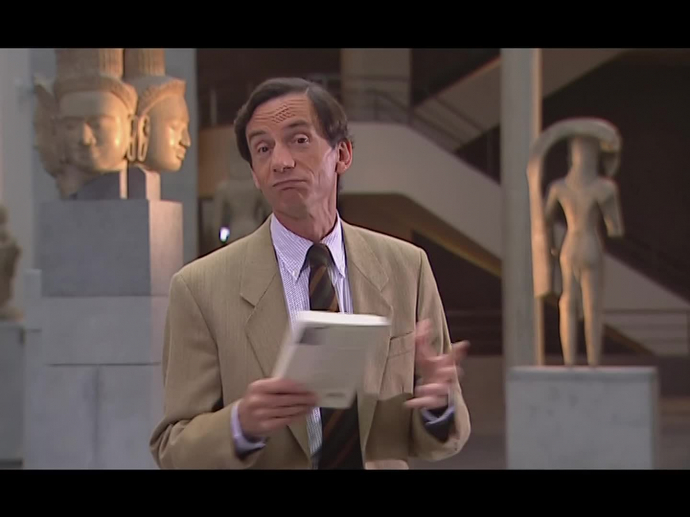

He then begins an affair on uncertain terms with Melanie Isaacs, one of his students. When we first encounter him, Lurie is twice divorced and content with a weekly visit to a prostitute, a habit made untenable when he accidentally runs into her with her young children in tow. (The change of name itself is meant to suggest how dismally the life of the mind is faring in South Africa of late.) Both the classics and modern-language departments having been shut down in a process called “rationalization,” Lurie now teaches “communications,” a field he finds inherently “preposterous,” plus one literature course each year that fails to excite his “ost-Christian, posthistorical, postliterate” students. in 1983.įifty-two-year-old David Lurie teaches, or, as he puts it, “earns his living,” at Cape Technical University, formerly Cape Town University College. Disgrace won the Booker Prize in 1999, making Coetzee the only author to win twice, the first time having been for Life and Times of Michael K. Coetzee’s eighth novel, Disgrace, his first about his native South Africa after its transition to black-majority rule, constitutes a direct and rather ominous meditation on that fear.

In Cry, the Beloved Country (1948), Alan Paton’s lyrical novel of South Africa, a black Anglican priest, patient but acutely sensitive to the injustice of apartheid, remarks about his country’s dominant white minority: “I have one great fear in my heart, that one day when they turn to loving they will find we are turned to hating.” J.


 0 kommentar(er)
0 kommentar(er)
